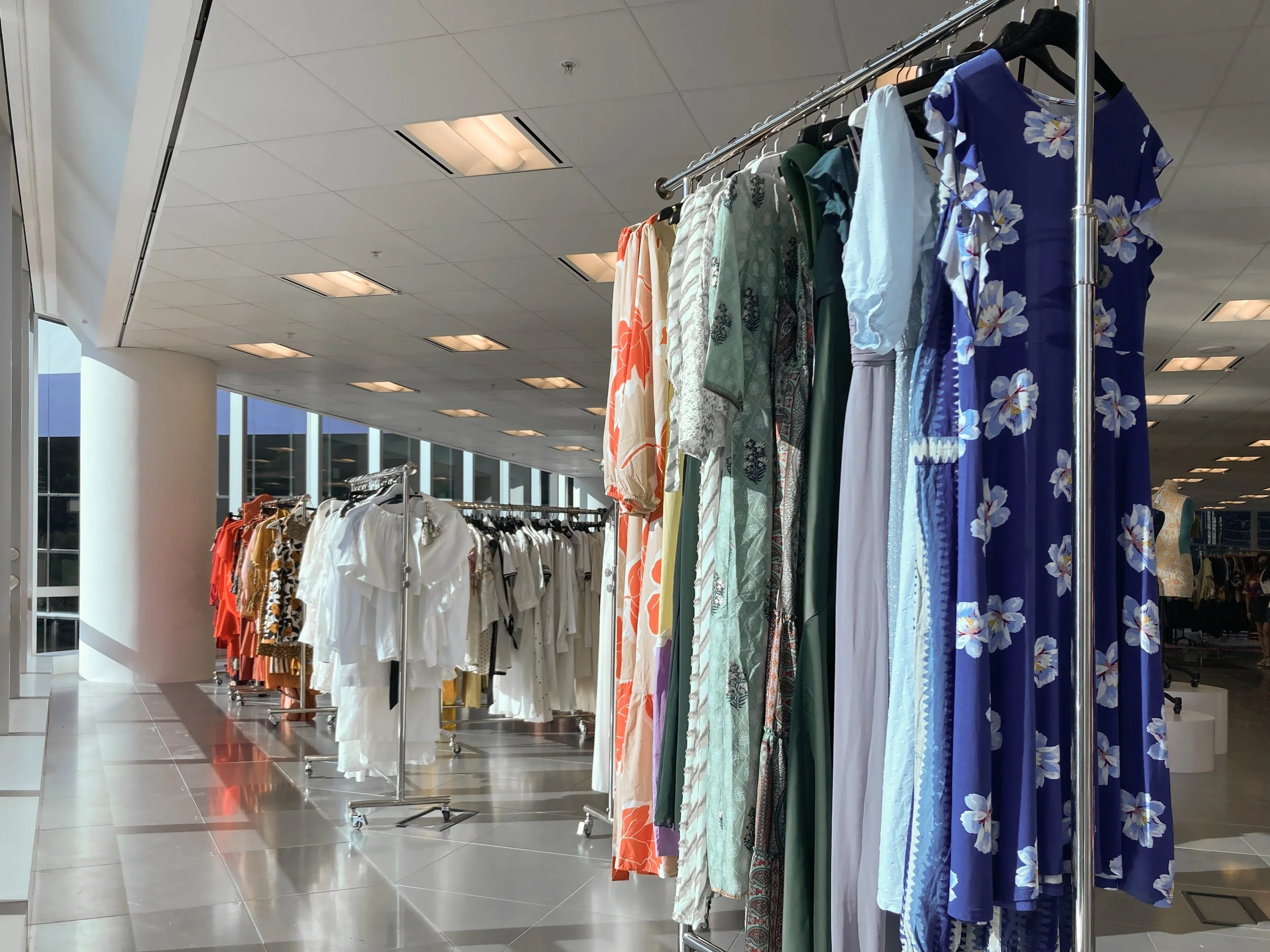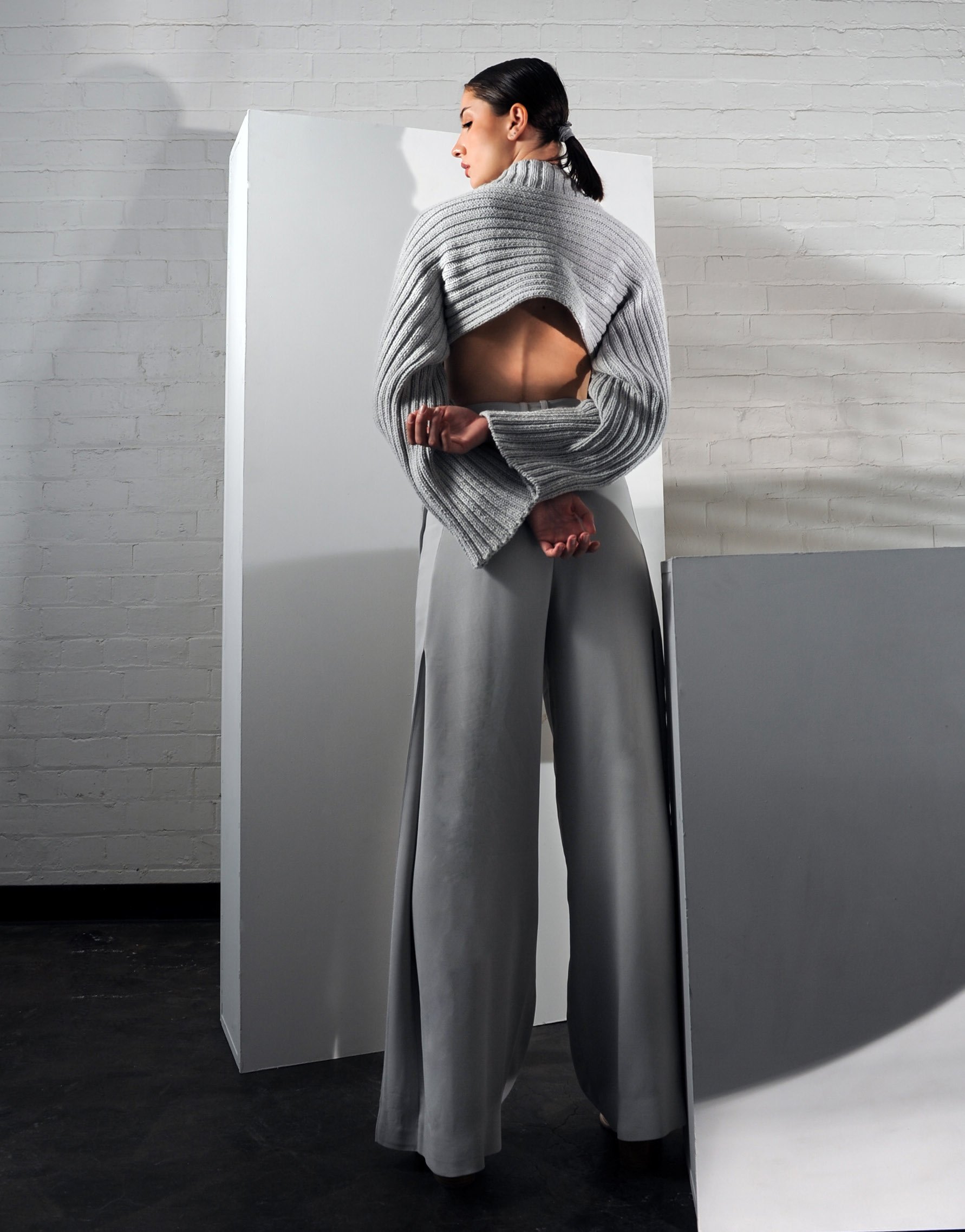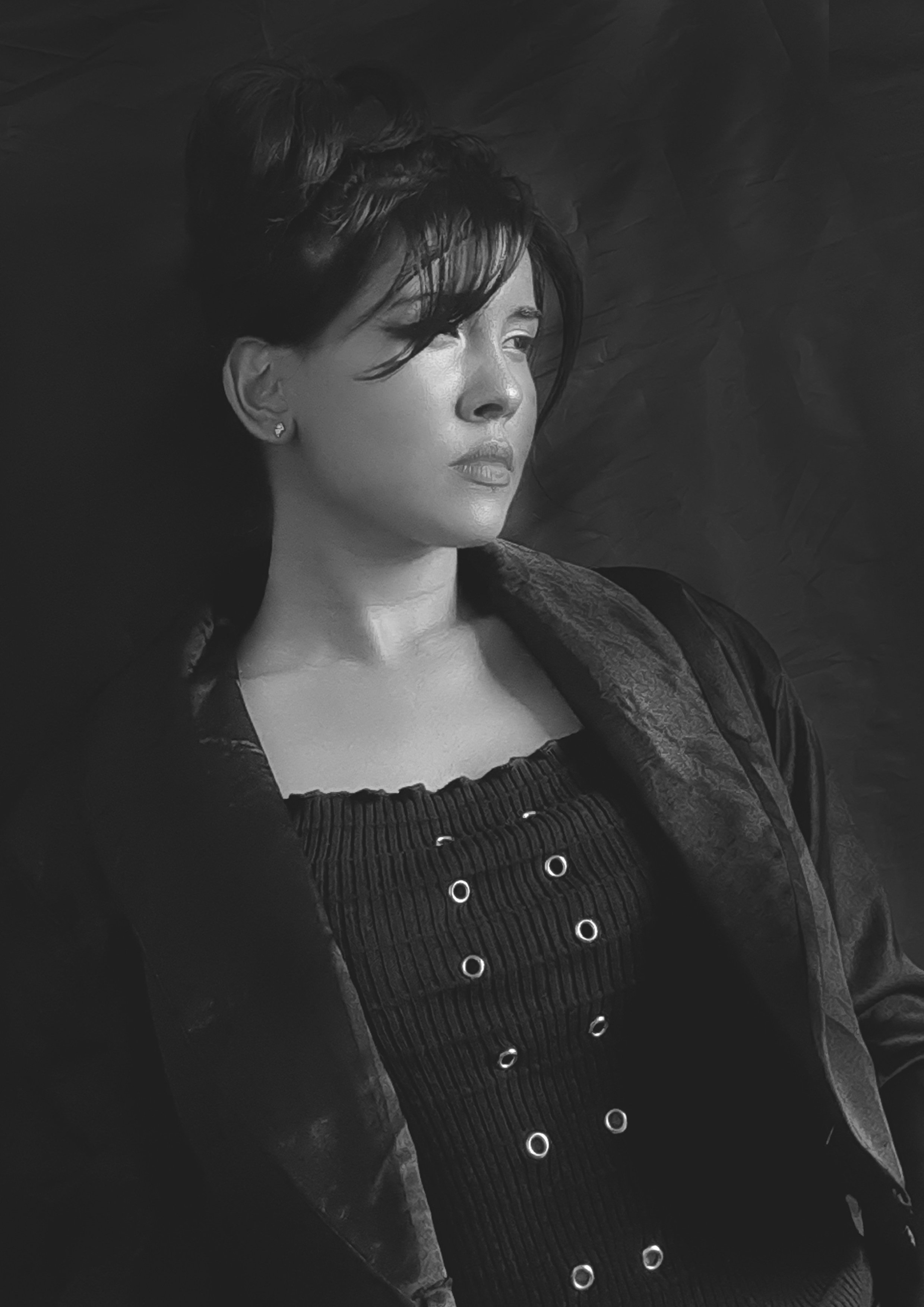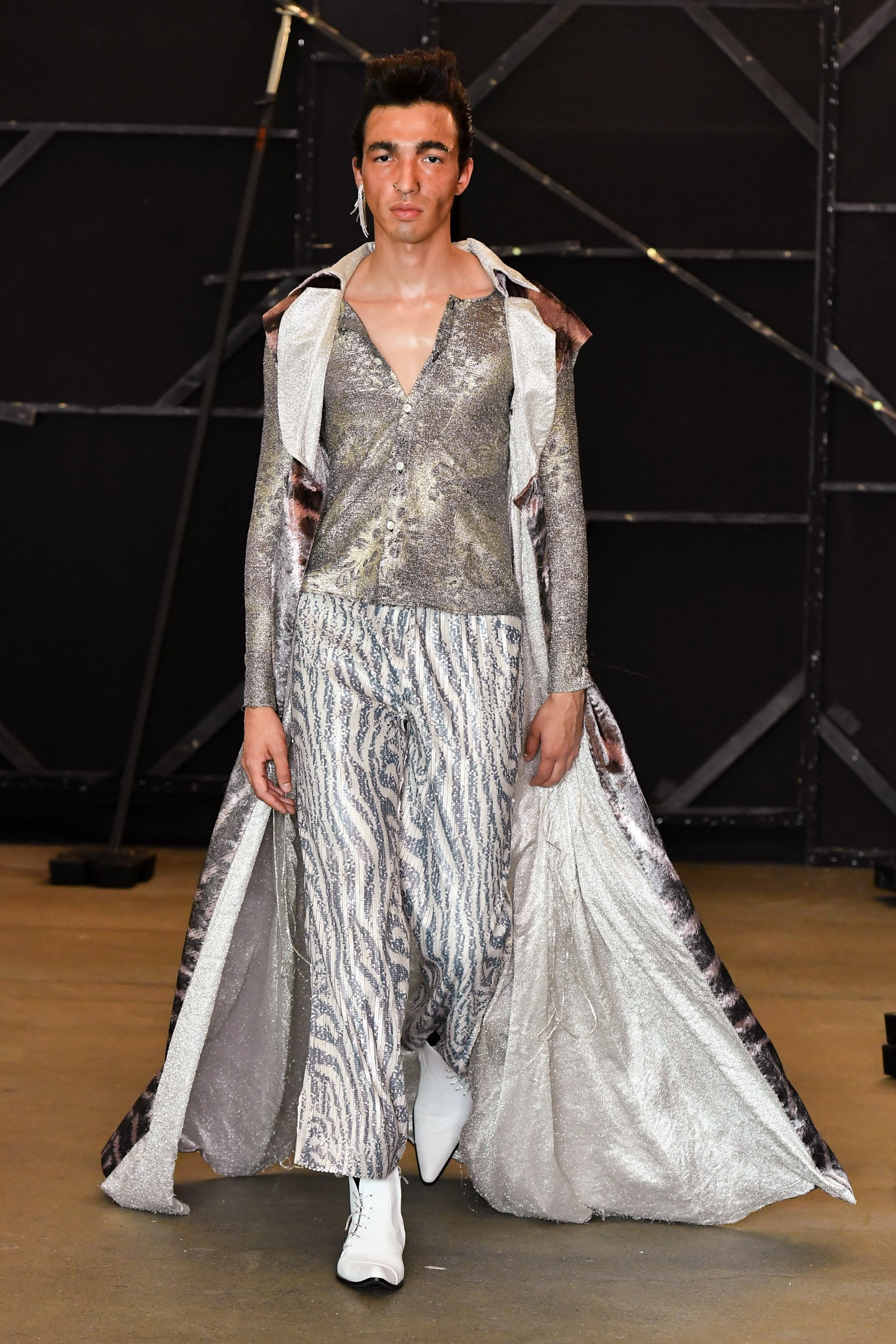Federico Badini Confalonieri

Federico Badini Confalonieri
ITALY
“Fashion has a role to inspire in society and new fashion designers have a role to switch quickly to a new way of working within the industry.”
Federico Badini Confalonieri has always valued nature and the environment. When he learned of the massive issue of microplastics in fashion, he knew he had to find a way to address it.
“I developed my own narrative that tells a story about social, environmental justice, and class war in the era of climate change, while reflecting on masculinity today,” shares the designer, who holds an MA in Fashion Design - Menswear from the London College of Fashion, UK, and BA in Knitwear Design from the Polytechnic University of Milan, Italy. In addition to being a finalist this year, he was also a semi-finalist of the Redress Design Award 2021.
In his collection ‘Micro - Rain’, Federico upcycles waste fabrics from his previous collections using zero-waste techniques, creating fully fashioned knitwear and even challenging the zero-waste concept with a “waste negative” puffer jacket filled with collection offcuts.
As a solution to microplastic pollution, garments made with synthetic fabrics have been created with a layer of filter fabric with sealed seams to prevent the release of microplastics. Federico also designed the garments to be packable, allowing them to be sealed inside a hidden pocket made with filter fabric which doubles as a washing bag.
In designing for recyclability, many of the materials Federico sought out are made from monofibres. To aid consumers in managing garments’ end of life, his brand also offers a takeback scheme that promotes upcycling. “Creativity, innovations, and aesthetics all have the great potential to help build a better planet together,” he shares.
By identifying industrial yarn waste streams, which are fairly accessible in his home country of Italy, Federico sees the potential for larger-scale reproduction of his work. He envisions that using similar but not identical yarns on the same design can create continuous limited-edition pieces, while use of the filter fabric to address microplastics carries market potential.
Federico hopes that his design inspires consumers and the industry to unite in solving the issue of microplastic pollution. For his part, he approaches circular design “from a holistic point of view, designing with every stage of the garment lifecycle in mind, from manufacturing to end of life.”
He dreams of working for a high-end fashion brand that values sustainability, and in the meantime is exploring sustainable design with his own label, Badini C.
Congratulations to Redress for successfully organising the Redress Design Award 2022.
We would like to thank all of our sponsors and partners, without whom the Redress Design Award would not be possible.
Tanja Wessels challenged herself to not buying a single item of new clothing. Read her tips on how you can do it too.
The Redress Design Award is more than just the world’s largest sustainable fashion design competition.
Dive into our photoshoot shining a new light on the future creative frontrunners.
See the stunning looks from the finalists’ collections in our first ever lookbook, professionally styled and shot in studio with Farfetch.
Discover what Redress Design Award alumni have been accomplishing recently, from fashion weeks to master’s collections, publishing research, brand collaborations, and more.
Ashutosh Panda found inspiration for his sustainable collection by looking to the stars — specifically, the magnetar, one of the most powerful neutron stars of the universe.
As a Latino living in Tokyo, Japan, Cris Miranda discovered the beautiful craftsmanship of the kimono and admired its deep cultural meaning and high quality fabric.
For designer Drina Marco, the Spanish word “monda” — meaning “fruit peel” — was the first layer to what would become her sustainable collection.
Federico Badini Confalonieri has always valued nature and the environment. When he learned of the massive issue of microplastics in fashion, he knew he had to find a way to address it.
Showcasing an ability to make something extraordinary out of the ordinary, for her collection Lívia Castro turned to a wardrobe staple: jeans.
When a transgender friend experienced cyberbullying, Nawoda Bandara decided to show solidarity through design.
Seeing fashion companies abandon their garment and fabric samples without much care raised alarms for Patrick Lam.
The collapse of Meethotamulla, a massive garbage dump, on homes in Colombo, Sri Lanka, killed over 30 people, including children — and was a turning point in the life of designer Ruwanthi Gajadeera.
Reflecting the competition’s creative legacy of revaluing waste, the editorial photoshoot of the Redress Design Award 2022 unveils a warehouse of renewed wear to showcase our finalists’ looks.
Since the approval of the EU Green Deal in 2019, the European Union has emerged as the world’s leading policy maker on sustainability issues.
After winning the Redress Design Award 2021, Jessica Chang immediately joined the Timberland design team in China, working remotely to collaborate on their upcoming Lunar New Year 2023 collection, ‘Year of the Rabbit’.
Shop or browse the latest sustainable collections from Redress Design Award alumni brands.





























